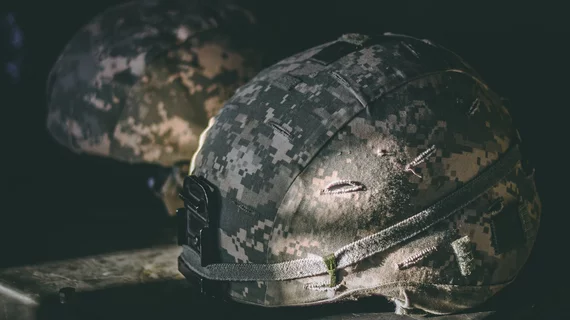Deep learning an important weapon in the war on military suicides
The Veterans Administration is turning to computer scientists at Lawrence Berkeley National Laboratory—aka Berkeley Lab—for help reducing suicide among VA patients. To meet the challenge, the lab is using deep learning to analyze data in electronic health records, according to an item published online April 3 by Berkeley Lab’s news center.
The work in suicide prevention is part of a broad project spanning several national laboratories in which the VA is collaborating with the U.S. Department of Energy (DOE) in applying supercomputing to help veterans.
Suicide prevention is just one component of the project, albeit a key one. Also up for AI-aided improvement are prevention, diagnosis and treatment for health concerns like prostate cancer, cardiovascular disease and opioid addiction.
“The VA has been collecting medical records and genomic data from some 700,000 veterans, and they need help from the DOE to interpret all of this information to improve healthcare for these individuals,” said Silvia Crivelli, PhD, a computational biologist in Berkeley Lab’s computational research division.
Rafael Zamora-Resendiz, a member of the lab staff, explained that the team first trained a neural network to distinguish patients who are at risk of suicide from those who are not. The algorithm training was largely based on patterns in doctors’ notes.
“The real challenge is figuring out a way of tracing how these words are combined internally within the network,” he said. “This will help provide better insight on common motifs found between suicidal patients.”
The project is timely if not downright urgent, as military veterans commit suicide at the alarming rate of 20 to 22 per day.
Get the whole story:

